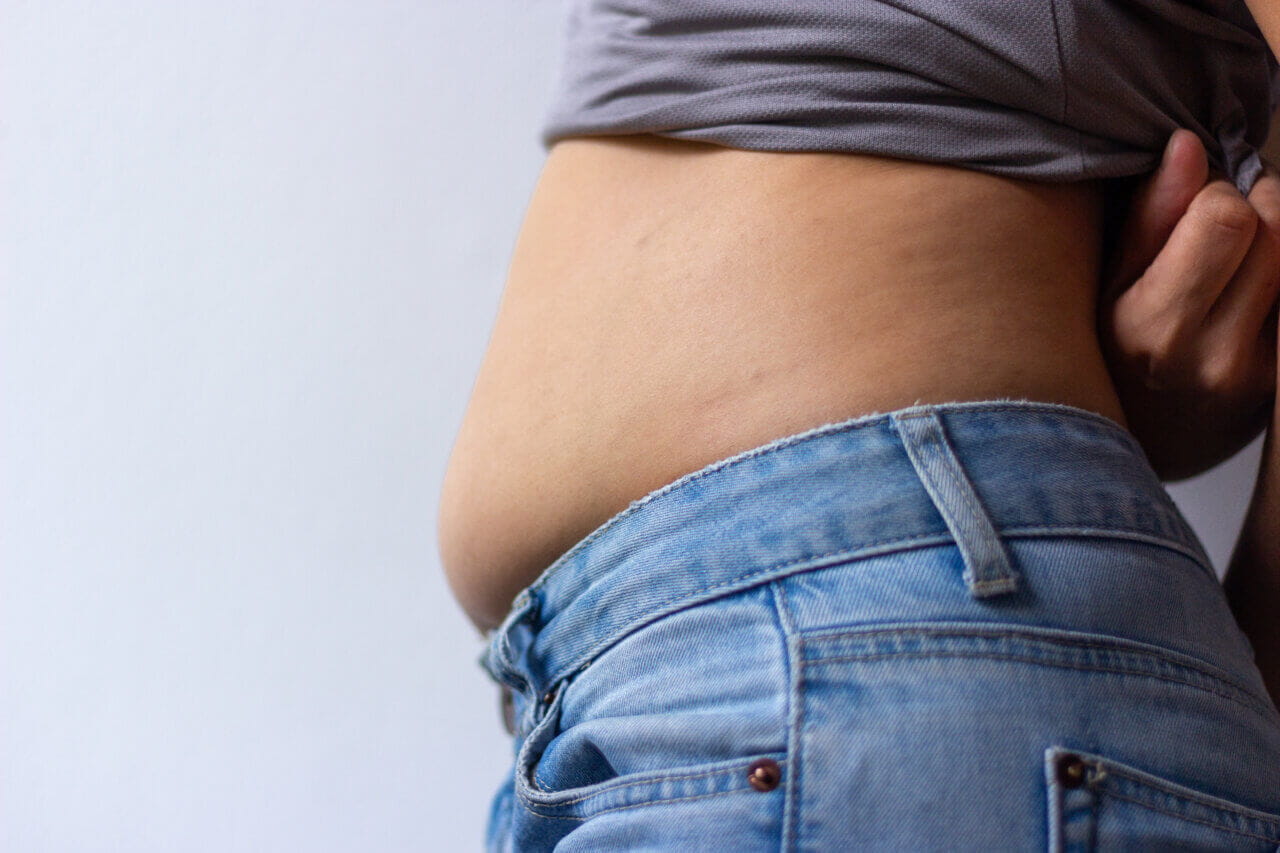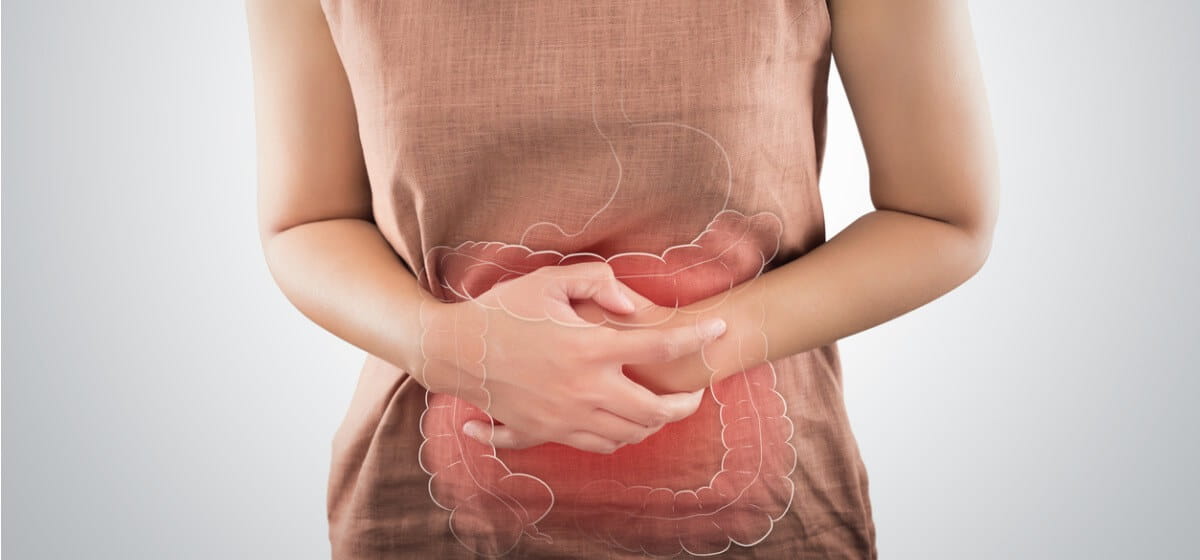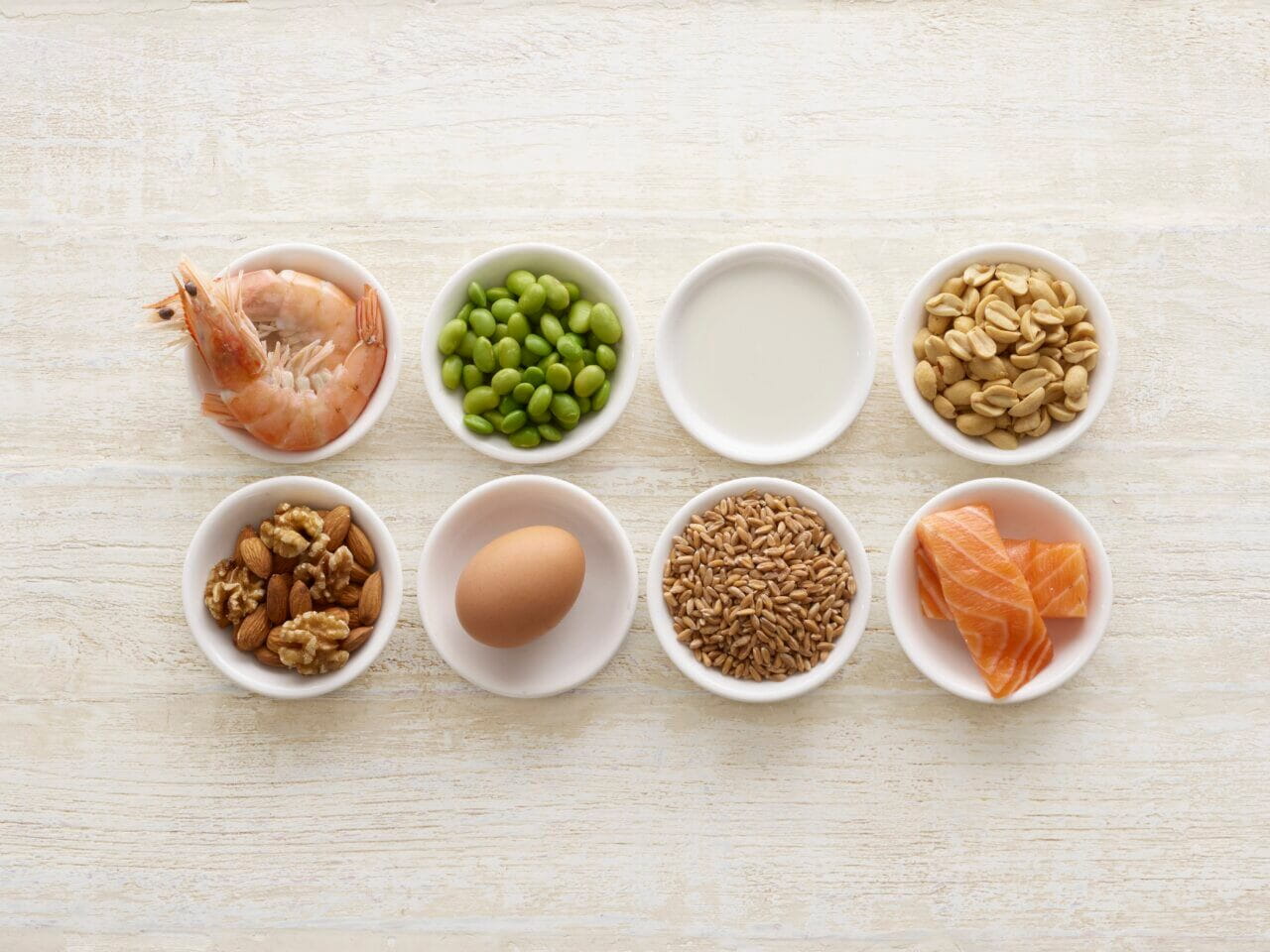Why Am I Bloated After I Eat?

Why Am I Bloated After I Eat?
Most people experience bloating after a meal now and then. It’s that uncomfortable sensation of pressure in your gut. It may be accompanied by abdominal distention, where your belly seems to expand.
Bloating typically resolves on its own and isn’t cause for concern. However, it can negatively affect your quality of life.
Is it normal to have a bloated stomach every day? No, you shouldn’t have to endure it regularly. Fortunately, there are steps you can take to reduce bloating.
What Are 5 Signs of Bloating
We’ve all heard of bloating, but if it’s a new experience for you, you might want to know the specific signs of bloating. Here are five symptoms of bloating you may notice after eating:
- You feel especially full.
- You have stomach discomfort or pain.
- Your stomach makes rumbling or gurgling noises.
- Your belly is visibly expanded from its normal size and shape.
- You pass more gas than usual.
People who experience the daily occurrence of bloating often ask, “Why is my stomach flat in the morning and bloated at night?” The many reasons for post-eating bloating are explained below.
What Causes Persistent/Chronic Bloating?
From medical conditions to lifestyle choices, many things can produce bloating. The more common causes include:
- Health problems. Some conditions make you produce more gas or increase your sensitivity to the presence of gas in your digestive tract. This includes celiac disease, acid reflux (which irritates your esophagus), irritable bowel syndrome (which affects nerves in your bowel), and hemorrhoids.
- Consuming too many carbs. Carbs are an essential energy source, but eating too many can cause your body to retain water, potentially making you feel overly full.
- Overeating. Consuming more food than your stomach can comfortably accommodate makes you feel bloated. Remember that while your stomach can stretch, it’s about the size of your fist when empty.
- Constipation. When your digestive tract is stalled, eating or drinking can create or intensify bloating.
- Swallowing too much air or gas. Eating too quickly can cause you to swallow air. So can drinking carbonated beverages.
- Consuming certain foods. Everyone’s digestive system is different, but some people experience bloating if they consume salt, dairy, fructose, fat, or carbs called FODMAPS, found in some fruits, vegetables, dairy, and whole grains.
- Having your period. You may retain water in the week or so before you start your period, which can cause bloating.
- Gaining weight. Added pounds often end up around the belly, so the stomach has less room to stretch.
So, if you find yourself asking, “Why does my upper abdomen feel bloated after eating?” it’s helpful to learn that there are many causes, which means there are many actions you can take to minimize or eliminate bloating.
Morning vs. Night Bloating
People typically experience bloating later in the day, following meals. However, you can feel bloated first thing in the morning. If you do, the causes are the same. You’re simply noticing the results of a large evening meal, a food that makes you gassy, etc., the following day.
Bloating Relief: 10 Steps for Avoiding Bloating After Eating
If you experience bloating regularly, you surely want to know what relieves bloating fast. The best strategy for managing bloating involves prevention and relief.
How can you reduce the risk of bloating, and how do you clear a bloated stomach? The ten steps below can help you feel less gassy and more comfortable after eating.
- Understand your food issues. Food allergies and intolerances can cause your body to produce excess gas, which makes you feel bloated. Testing for food issues can be inaccurate or inconclusive, so the best approach is trial and error. Keep track of what you eat and how you feel afterward for several weeks. You’ll likely detect foods that cause bloating, and you can eliminate them from your diet or consume smaller quantities of them.
- Eat and drink slowly. Consuming foods and beverages quickly can cause you to swallow air, which increases bloating. As an added benefit, enjoying meals at a leisurely pace makes it easier to detect that you’re full and can help with weight management.
- Avoid carbonated beverages. These drinks contain carbon dioxide gas, which can accumulate in your digestive tract and cause you to feel bloated.
- Eat moderate amounts of fiber and high-fat foods. Both are essential to a healthy diet, but excess consumption can cause bloating. So, you don’t want to eliminate them. However, it can be helpful to reduce your intake and monitor the results to determine how much you can eat without bloating.
- Avoid talking while eating. Speaking as you chew and swallow can cause you to swallow air, which, as noted above, can lead to bloating.
- Eat smaller portions. It’s vital to consume enough of the right foods to be healthy. However, eating more than that amount can increase bloating. Try reducing your portion size, particularly when you want to avoid feeling bloated.
- Get light exercise after a meal. Some people find that activities like going for a stroll after a meal reduce bloating.
- Try ginger. Studies have shown that ginger can help reduce excessive gas in the digestive tract and reduce or prevent bloating.
- Try probiotics. These live microorganisms may reduce gut inflammation and the sensation of tension after eating.
- Treat heartburn if you have it. In addition to causing a burning sensation, heartburn causes bloating. If you experience it, treating it with an over-the-counter medication may make you feel less bloated.
Talk with Your Baptist Health Physician About Bloating
Bloating is an unpleasant sensation you don’t have to “just live with.” If you wonder, “Why am I bloated after eating all the time?” or “How do I get rid of constant bloating?” your Baptist Health physician can help. (You can find a doctor using our online provider directory if you don’t have one.)
They can diagnose the cause of your bloating and recommend lifestyle changes, treatment, or both. If appropriate, your doctor can also refer you to a gastroenterologist, which is a physician specializing in the digestive tract.
Next Steps and Useful Resources
Is it Bloating or Belly Fat?
Do At-Home Food Allergy Tests Work?
Food Allergy vs. Food Intolerance: What’s the Difference?
Why Do I Have Heartburn?



